Nigeria’s President Bola Tinubu has officially pardoned environmental activist Ken Saro-Wiwa and eight others, collectively known as the Ogoni Nine, three decades after their execution by a military regime sparked global outrage. The men were hanged in 1995 following a secret military tribunal that convicted them of murder, a trial widely condemned as a sham by human rights organizations and international observers. Many have long believed the executions were politically motivated and aimed at silencing the activists for leading nonviolent protests against environmental degradation caused by multinational oil companies, particularly Shell, in Nigeria’s oil-rich Ogoniland. Shell has consistently denied any involvement in the executions.
Along with the pardons issued on Nigeria’s Democracy Day, President Tinubu also awarded posthumous national honors to the Ogoni Nine, including Ken Saro-Wiwa, Barinem Kiobel, John Kpuinen, Baribor Bera, Felix Nuate, Paul Levula, Saturday Dobee, Nordu Eawo, and Daniel Gbokoo. The president said the honors were in recognition of their outstanding contributions to the nation’s democratic development. While these gestures have been welcomed by many, critics say they fall short of true justice. The Movement for the Survival of the Ogoni People (MOSOP), once led by Saro-Wiwa, called the pardon a “courageous act” but emphasized that it still implies guilt, despite no actual crime ever taking place.
Barinem Kiobel’s widow expressed gratitude for the national honor but insisted that only a formal declaration of innocence would clear her husband’s name, noting that “a pardon is not granted to the innocent.” Amnesty International echoed this sentiment, stating that clemency “falls far short of the justice the Ogoni Nine need” and urging the Nigerian government to hold oil companies accountable for the ongoing environmental destruction in the Niger Delta. Saro-Wiwa, a celebrated author and activist, had led peaceful demonstrations against Shell and other oil companies accused of polluting the land and waterways vital to the Ogoni people’s survival. The Nigerian military’s violent crackdown on the protests culminated in the arrest and execution of the nine men, drawing sharp condemnation from the international community and resulting in Nigeria’s temporary suspension from the Commonwealth.
Since their execution, Shell has faced multiple lawsuits related to environmental damage in the region. In 2021, a Dutch court ordered the company to compensate farmers for pollution in the Niger Delta. Earlier this year, lawyers representing two Ogoni communities argued in London’s High Court that Shell should be held accountable for pollution between 1989 and 2020. Shell maintains that the spills were caused by sabotage, theft, and illegal refining activities, denying liability. A full trial is scheduled for 2026. As the world reflects on the legacy of the Ogoni Nine, many continue to call for complete justice, accountability, and environmental restoration in the Niger Delta.






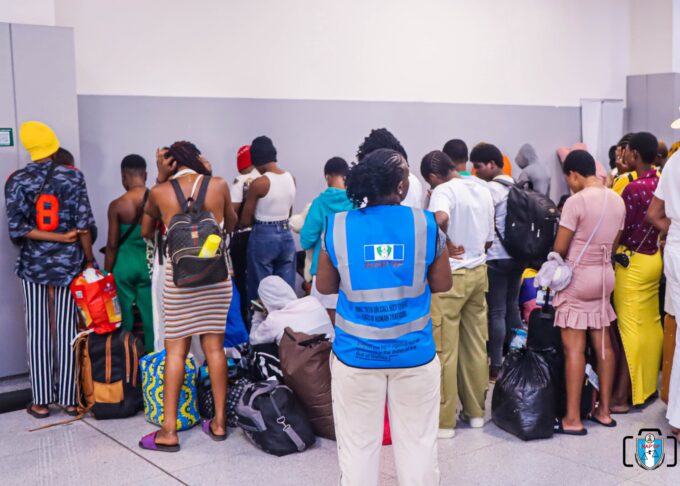
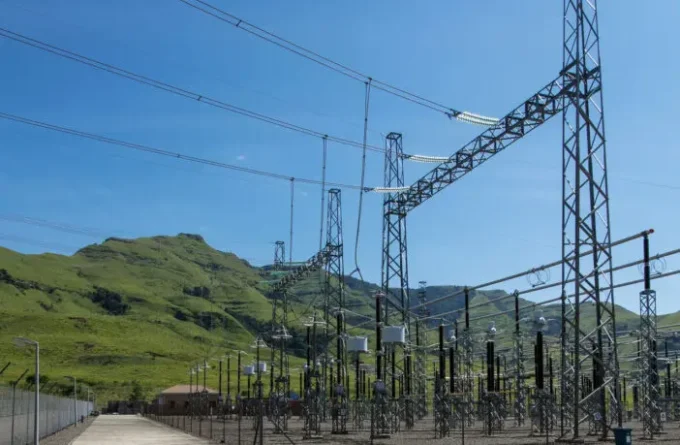

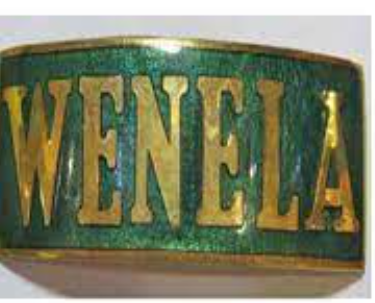
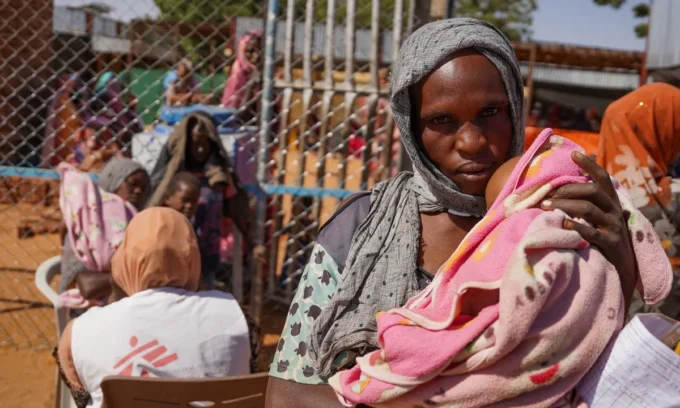

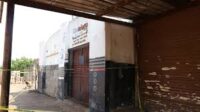

Leave a comment